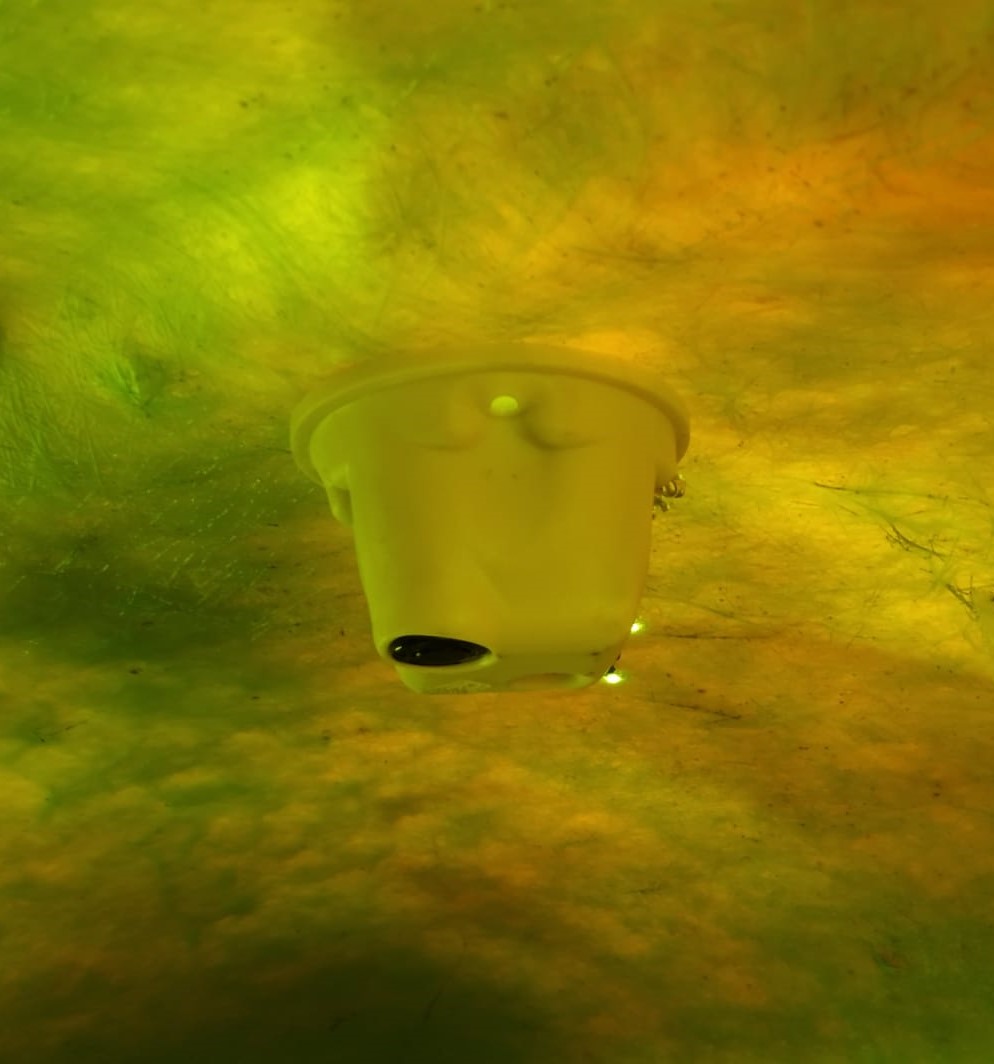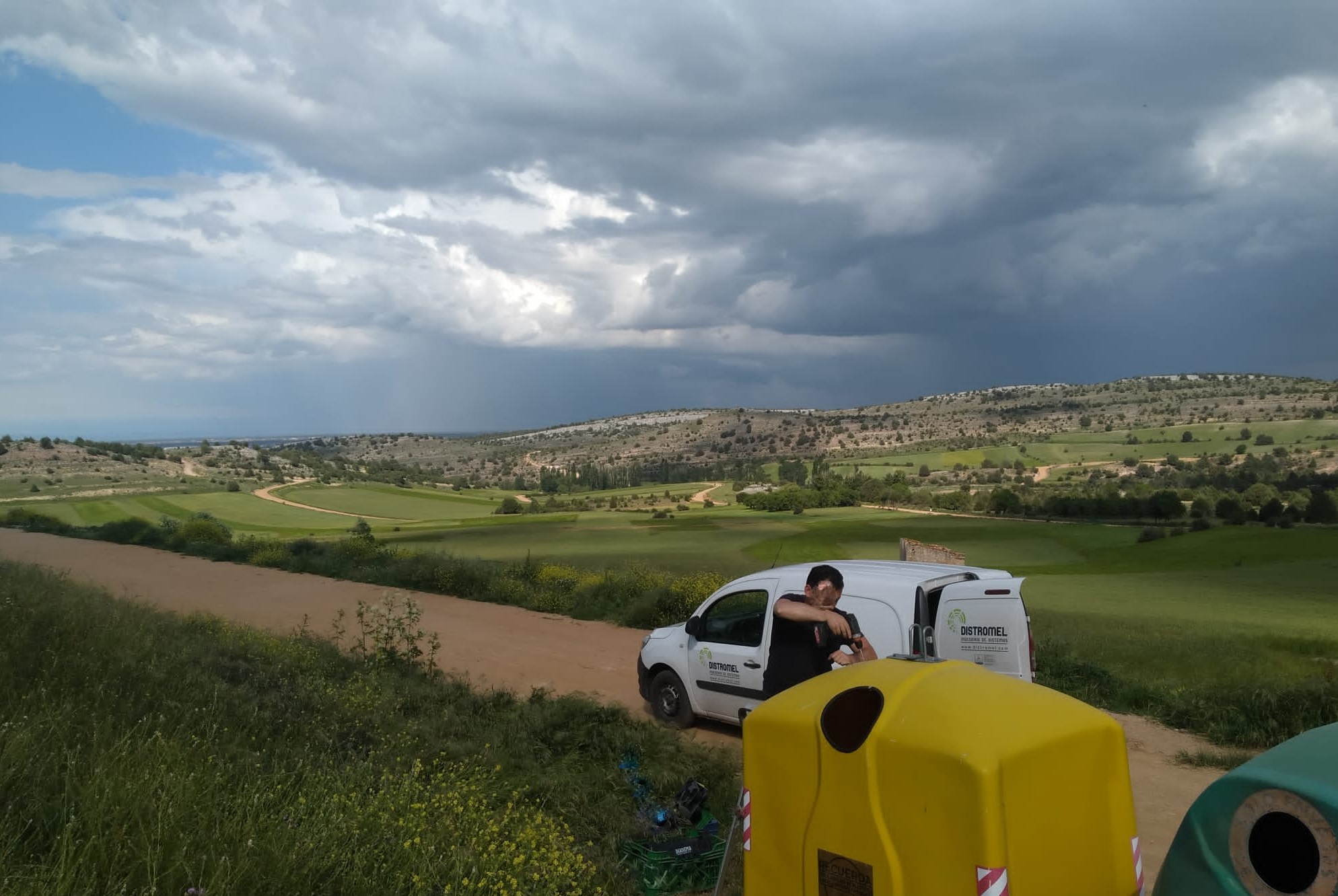FIRST IMPLEMENTATIONS OF THE NEW DISTROMEL DE-BL VOLUMETRIC SENSOR (NB-IOT)
In 2008 Distromel was pioneer in the technology market for the collection of urban waste by presenting a volumetric sensor capable of measuring the percentage of filling in a container and sending this data through GPRS to a server.
Distromel was innovative again, designing last year the first volumetric sensor for containers that sends data through Narrow Band – Internet Of Things (NB-IoT) communications technology. This technology helps to reduce the use of data and therefore the expenses related to communications, making it more competitive economically and functionally. The main advantage in using this low consumption network, compared to other similar ones, is that NB-IoT uses the same 4G network already deployed. This provides a greater implantation capacity than any other type of technology.

In addition, this device has a double sensor in order to improve the precision of the detected data. It has an ultrasound sensor, the same as the previous one, but the novelty in this case is that it includes a laser sensor. This reduces some limitations found with previous designs.
So far this year there are already several implantations carried out with this new volumetric sensor that measures the percentage of filling of a container and sends the data with a periodicity configured and determined by the end user. In fact, is the collection manager who will benefit from its use, and who will allow it to draw the most optimal routes and with the least wear on all its resources, contributing to the environment with a considerable reduction in emissions CO2.

One of these implementations this year is linked to the Smart Rural Territory project developed by the Department of Development and Environment of the Junta de Castilla y León in collaboration with the provincial councils. In this case, it is the Diputación de Segovia that follows in the footsteps of the Diputación de Valladolid, and in both cases Distromel has installed its volumetric sensors.
Distromel continues to work with the objective of improving its surroundings, contributing in the same way its grain of sand to the continuous improvement of its customers and consequently reducing the impact on the environment.


